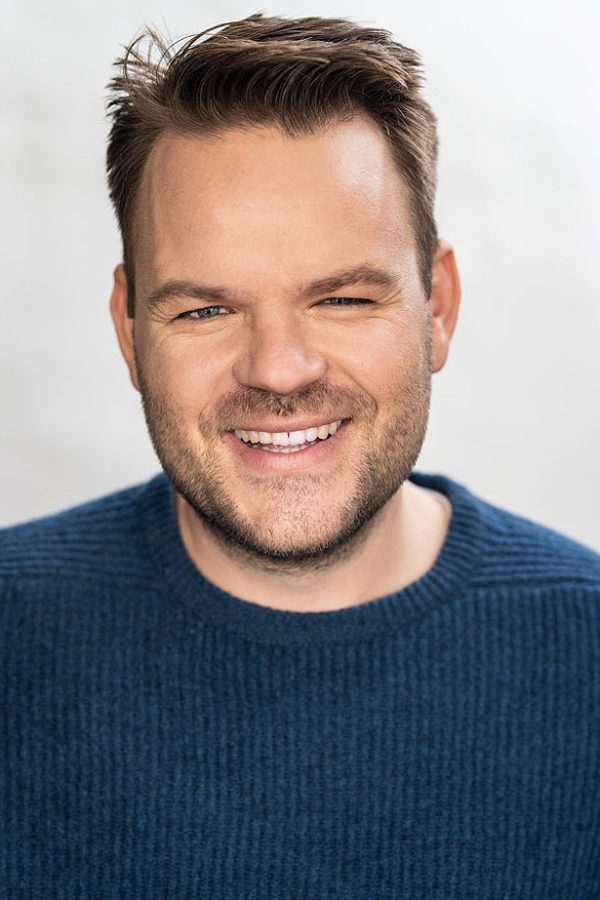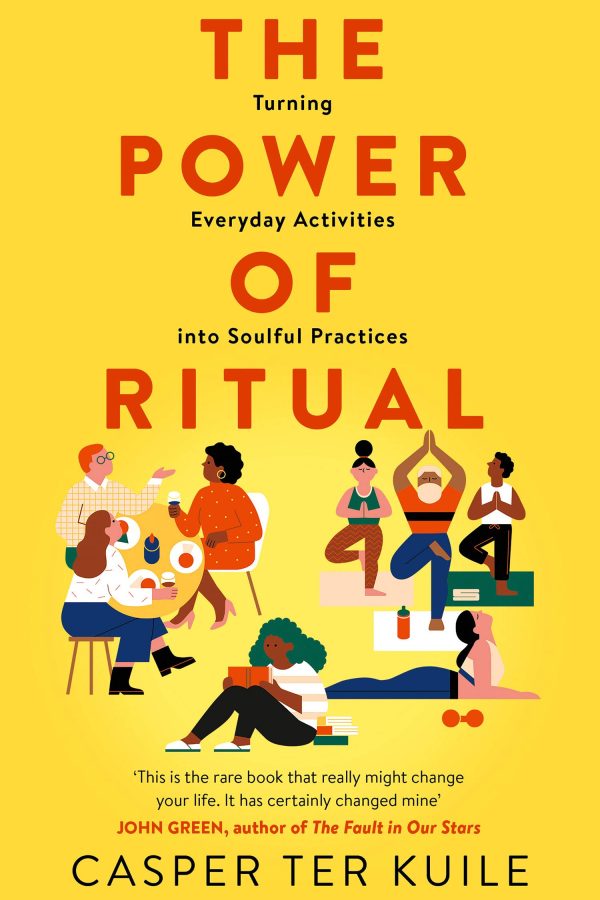The Power of Ritual
Can you live without rituals?
Is your morning coffee sacred to you?
Could it be that we need daily rituals to feel good?
What is the difference between a habit and a ritual?
A friend asked me this after I told him about the topic for 2024: “The Power of Ritual.”
They say that rituals, unlike habits, have symbolic power. We can ask ourselves where our habits have more meaning than pure action. I started to do some research and asked myself: how conscious are we of our rituals? How important are they to us?
At a time when we can no longer escape crises, when successive shockwaves lead to breathlessness and fatigue and there are no social recovery phases, I long for something that makes time stand still for a moment, where I can come to rest.
Rituals built into everyday life are opportunities to step out of the madness of the world around us and come to oneself and, in the best case, to find oneself and others in this ritual and find stability.
This is the transition to this year’s thought leader Casper ter Kuile and his book “The Power of Ritual.”
Casper ter Kuile, a Harvard Divinity School fellow and cohost of the popular “Harry Potter and the Sacred Text” podcast, explores how we can nourish our souls by transforming common, everyday practices—yoga, reading, walking the dog—into sacred rituals that can heal our crisis of social isolation and struggle to find purpose.
I thought it was important to get more concrete inspiration on how we can incorporate ancient rituals into our lives. Casper is probably the most modern thought leader, when it comes to talk about old rituals in a new revealing way. He will show us how we can live rituals in our everyday lives together.
Best
Lenard
More on the topic
If you would like to learn more about the topic and how I came across it, I recommend “On the Disappearance of Rituals” by Bjung Chul Han. After the As Far As weekend in 2021, Thomas Oberender drew my attention to this essay. It’s a very readable little book that inspired me a lot.
The philosopher Han finds that we are living in a time of acceleration, in which we no longer have time to engage with each other because we have to be productive. The separation between work and free time is diminishing and working time is increasingly extending into free time. Due to the digitally accelerated world, we find ourselves in a time, as he calls it, of dislocation and no longer have places where rituals can take place. That’s why his essay is called “On the disappearance of rituals.”
But Han also says that we need rituals to come together in places, to listen to each other, to talk to each other and to hear each other.
When I read this, I thought of our As Far As weekends. I associate these weekends with the magic of listening to each other. I would love to have more moments like this in community with all of you. I do not know, if our weekend is already being perceived as a ritual, but I see it as a time of orientation. Personally, as well as in the group.
Bjung Chul Han speaks of a re-enchantment of the world. Let’s re-enchant each other with our rituals.
See you hopefully on top of the mountains back in the Engadin.
Lenard
9 January 2024
About the Thought Leader
Casper ter Kuile
Casper ter Kuile shares insight and inspiration on the future of community, ritual, and spirituality. His work explores how we’ll make meaning, deepen our relationships, and experience beauty in the 21st century. He’s the author of “The Power of Ritual” and the co-founder of The Nearness, a digital community of people exploring life’s big questions through deep conversations.
Casper previously co-created the hit podcast “Harry Potter and the Sacred Text”, co-founded the soul-centered R&D agency Sacred Design Lab, and co-authored the influential paper “How We Gather.” Casper holds a master’s in public policy and divinity from Harvard University, where he served as a Ministry Innovation Fellow from 2016 to 2021.
Featured in the New York Times, Washington Post, BBC and NPR, Casper has spoken widely on community trends, ritual, and emerging spirituality at The Aspen Ideas Festival, Cannes Lions Festival, Stanford University, and numerous religious institutions. He lives in Brooklyn with his husband Sean.
Casper’s website: www.caspertk.com



